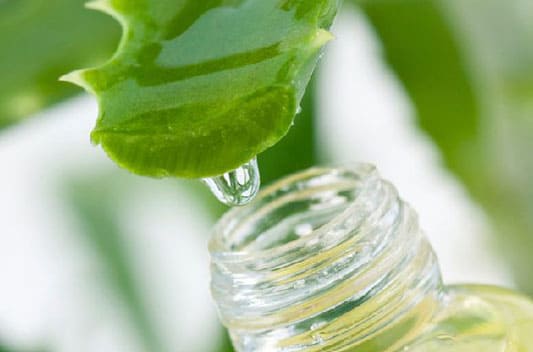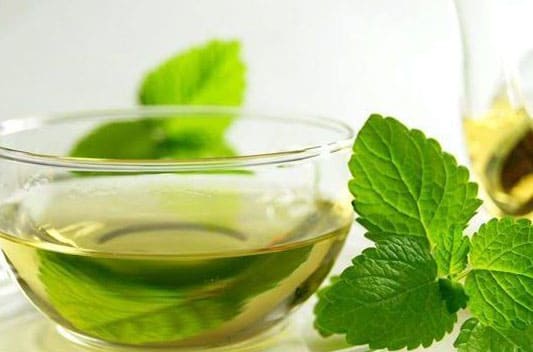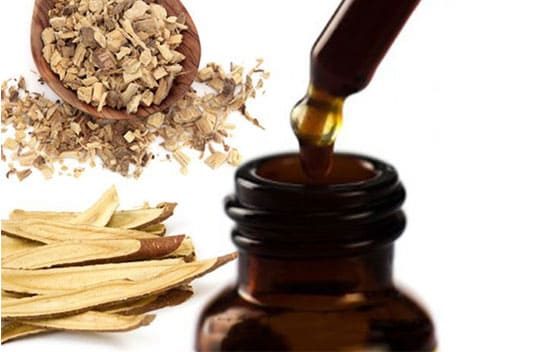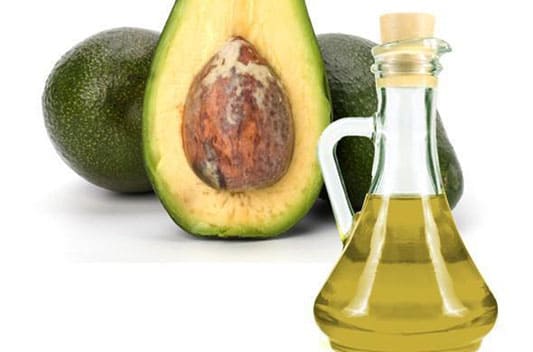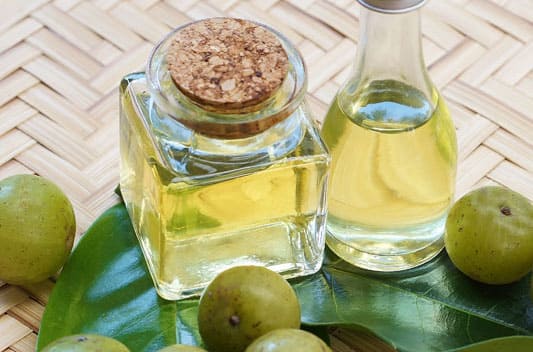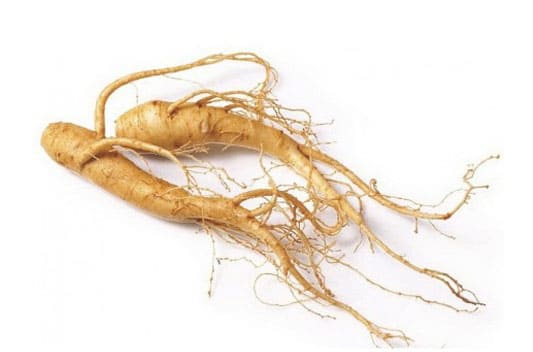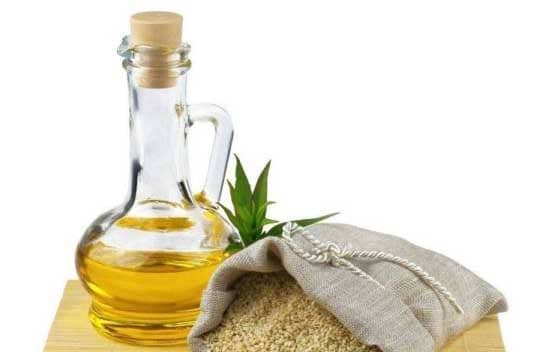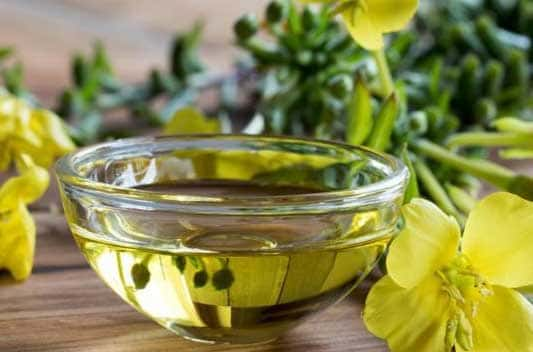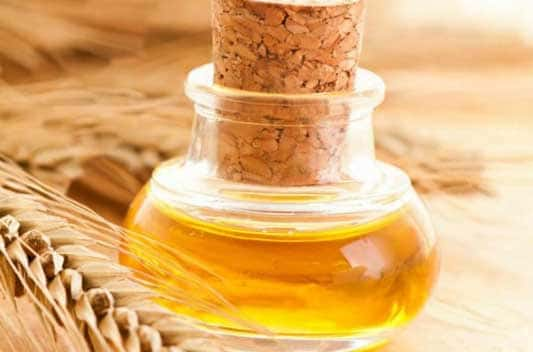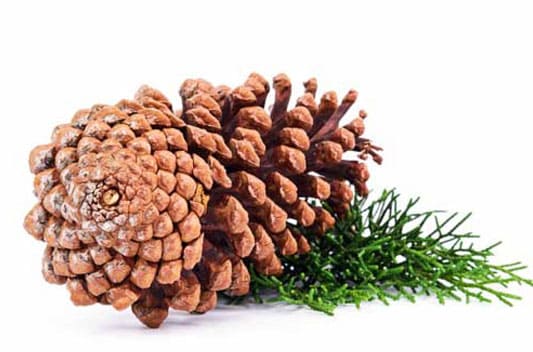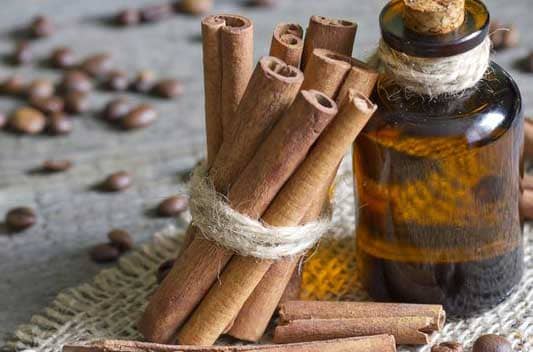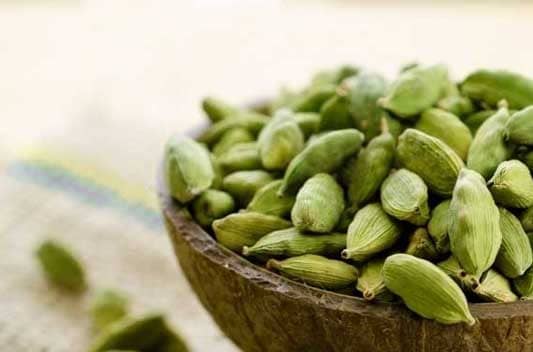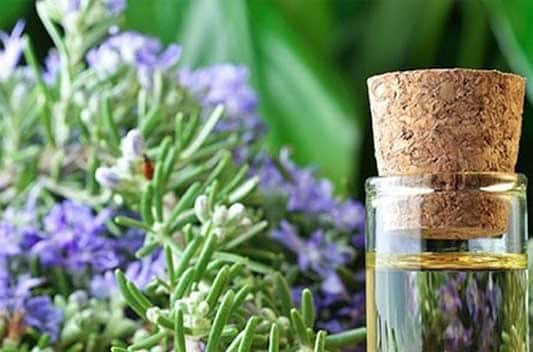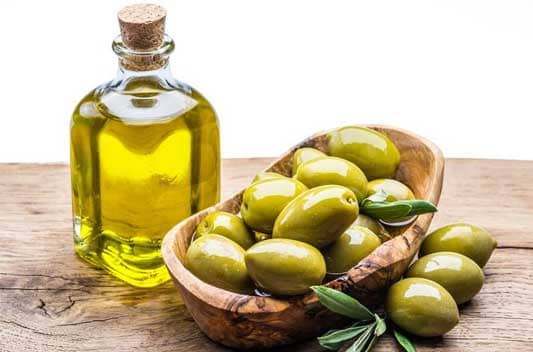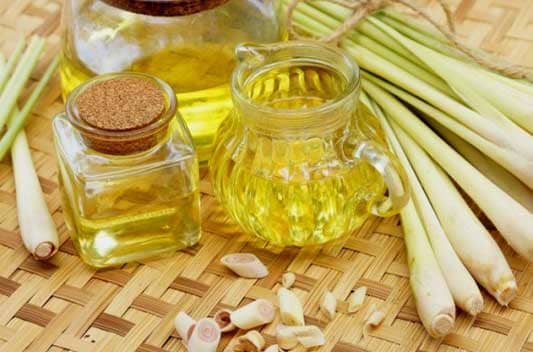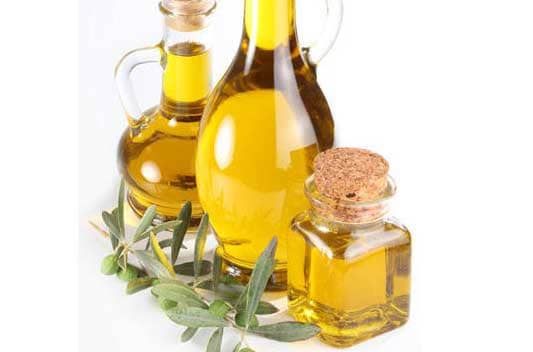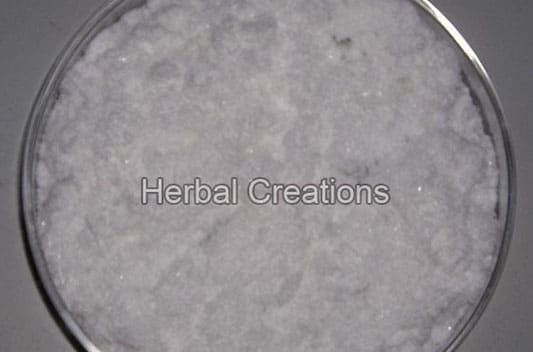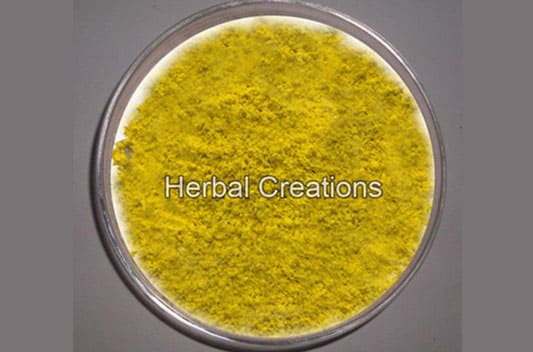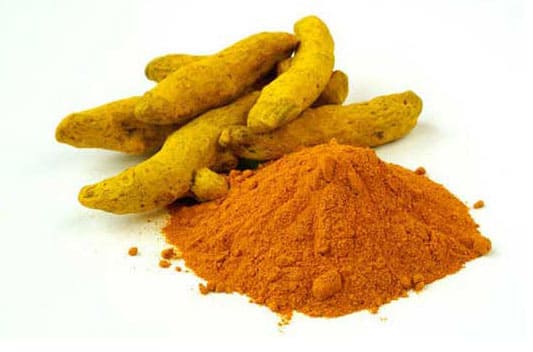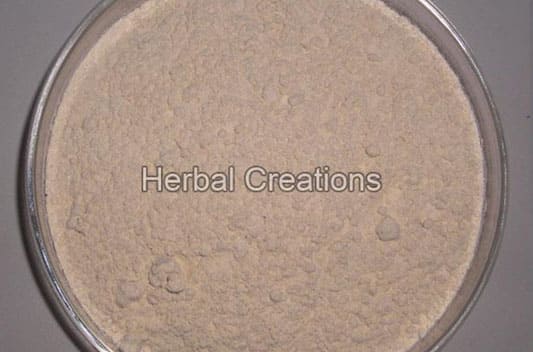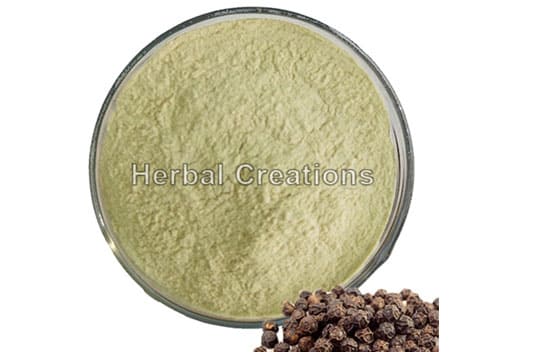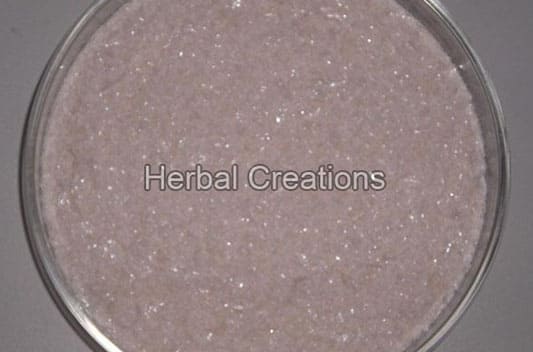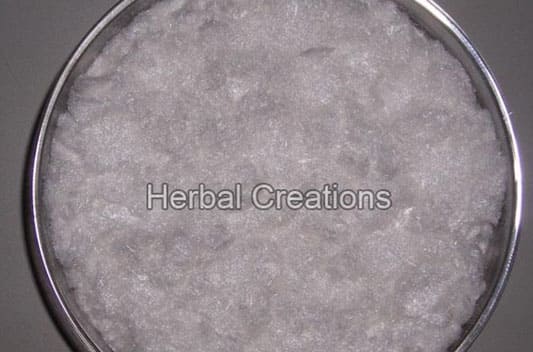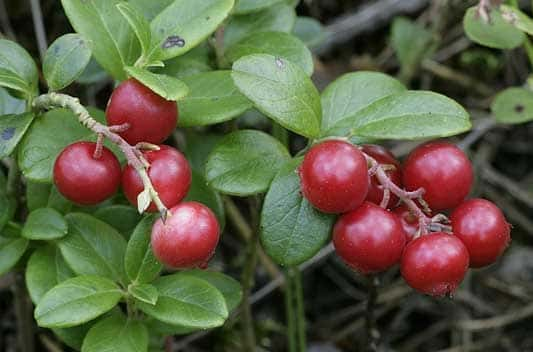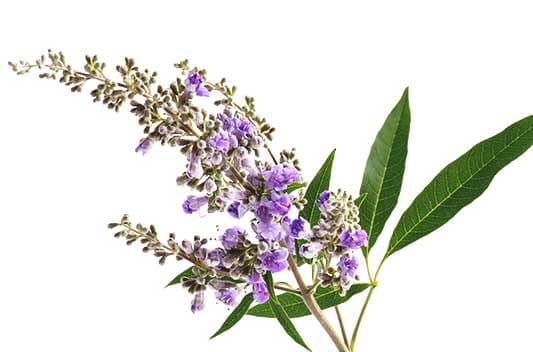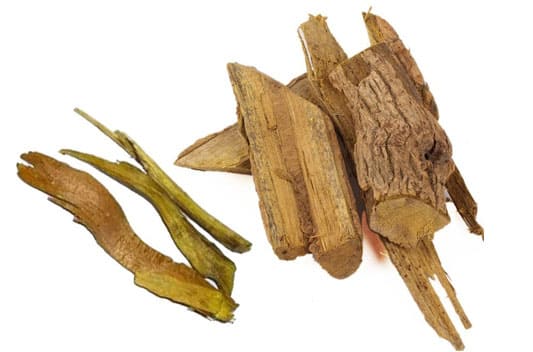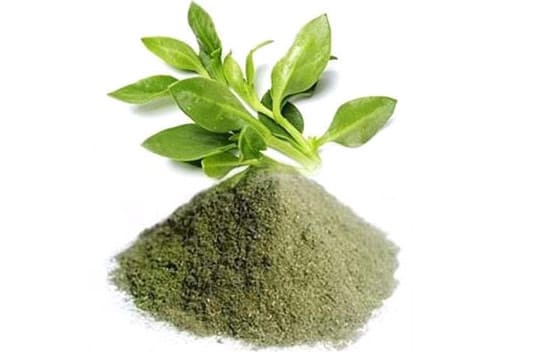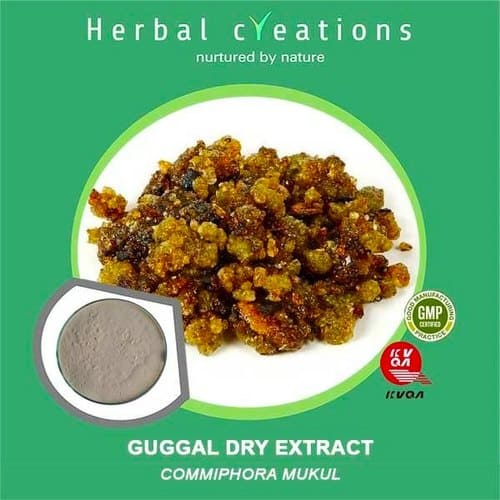

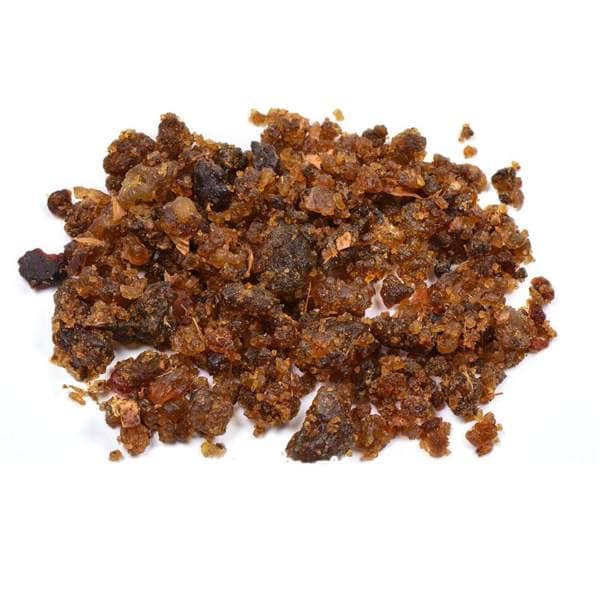

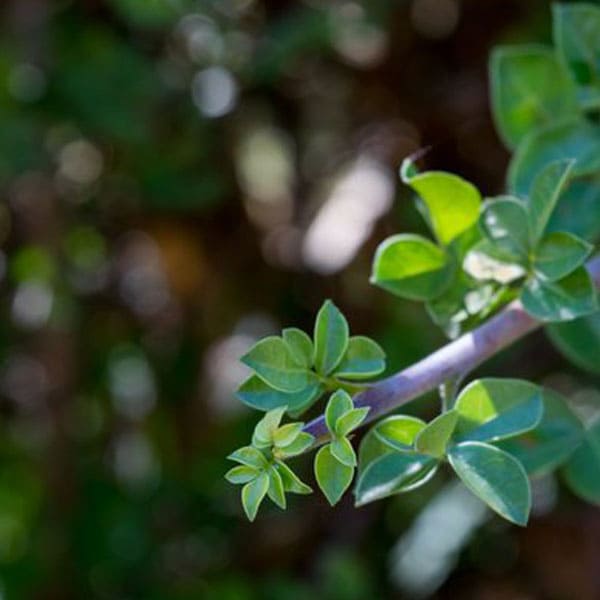
Commiphora mukul, commonly known as guggul, is a resin obtained from the Mukul myrrh tree native to India and other parts of Asia. Guggul extract has been used for centuries in traditional Ayurvedic medicine for its potential health benefits. It contains bioactive compounds like guggulsterones that are believed to have various therapeutic properties.
Benefits of Guggul Extract
- 1.)Cholesterol Management
- 2.)Anti-Inflammatory
- 3.)Weight Management
- 4.)Antioxidant Effects
- 5.)Anti-Acne
- 6.)Immune Support
- 7.)Digestive Health
- 8.)Thyroid Health
How We Make Guggul Extract
Harvesting: Guggul is typically harvested in the winter months when the resin is at its peak. The tree's bark is slashed, and the resin exudes from the wounds. The resin is then collected.
Cleaning: The collected resin may contain impurities like twigs and dirt. It needs to be cleaned to remove these impurities.
Extraction: The cleaned resin is then subjected to a solvent extraction process to obtain the guggul extract. Common solvents include alcohol or hexane.
Filtration: The extracted solution is filtered to remove any remaining impurities.
Evaporation: The solvent is evaporated to obtain the concentrated guggul extract.
Drying: The concentrated extract is dried to remove any remaining moisture.
Grinding: The dried extract is ground into a fine powder, which can then be used in various forms, such as capsules, tablets, or as an ingredient in traditional remedies.
It's important to note that while guggul extract has a long history of use in traditional medicine and some promising research, more studies are needed to confirm its efficacy and safety for specific health conditions. If you're considering using guggul extract for any health purpose, it's advisable to consult with a healthcare professional, especially if you have any underlying medical conditions or are taking medications, as it may interact with certain drugs.

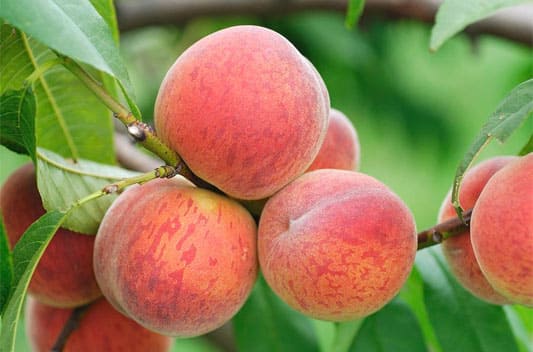
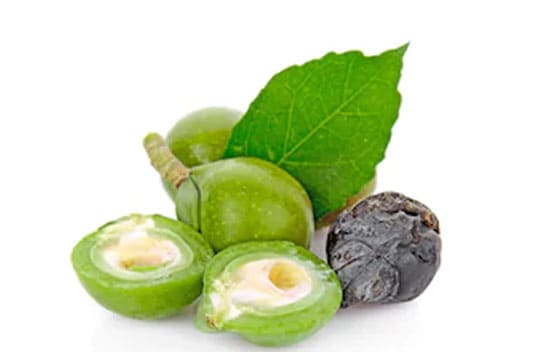
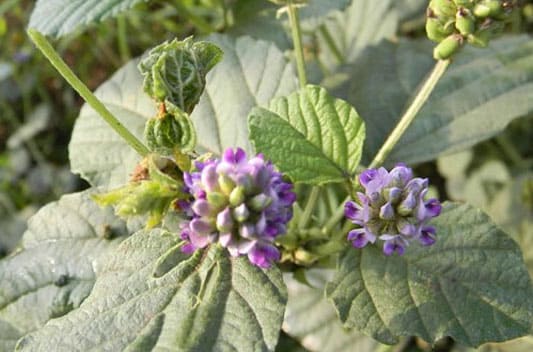
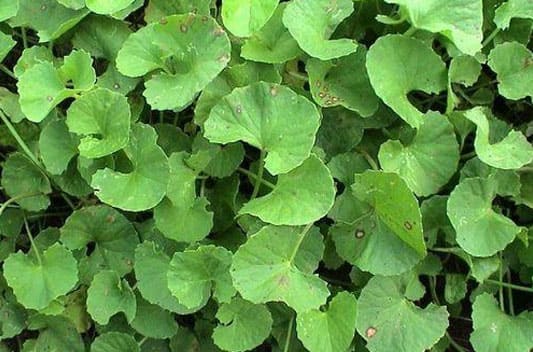
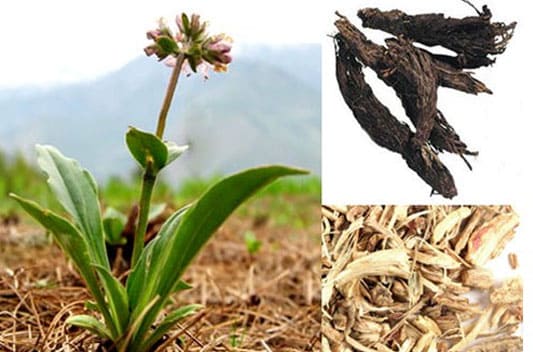
.jpg)
